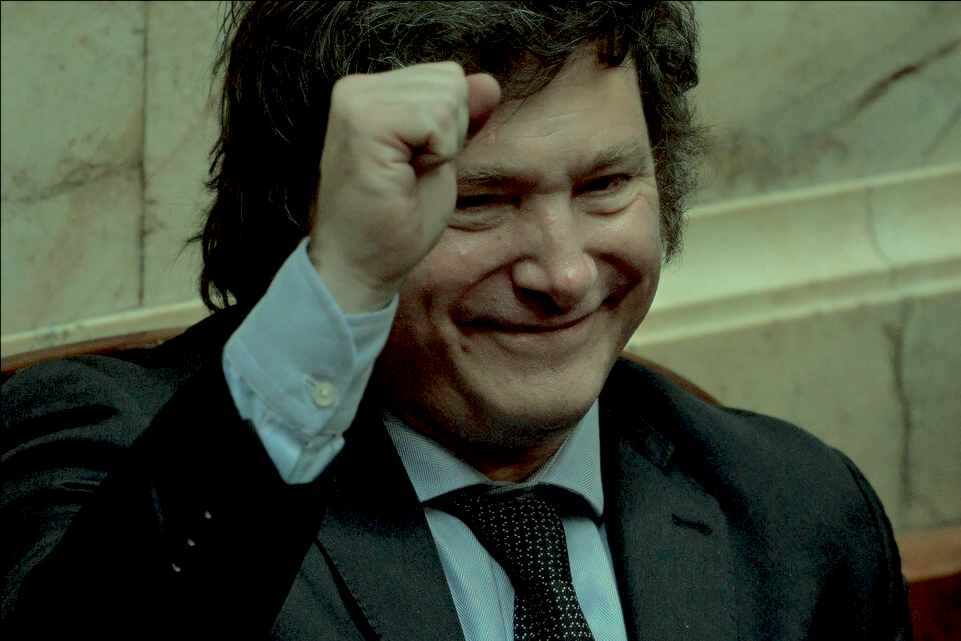
Published 06/27/2024 15:27 | Edited 06/27/2024 15:46
The Argentine Chamber of Deputies analyzes this Thursday (27) the changes to the Leo de Bases made by the Senate. Deputies must approve the bill that could be the first trump card of ultraliberal president Javier Milei’s administration.
Today, the version that reaches the Chamber of Deputies is completely different from the original Bus Law, presented by Milei in December 2023. Of the more than 600 initial articles, less than 300 remain. The project underwent several changes in the Chamber and the Senate, being approved on April 30 and now returning to the deputies.
The original proposal granted special powers to the Executive in 11 areas, including economy, finance, and health, for two years that can be extended. The current text reduces these areas to four and the period to one year.
In its 238 articles, the Basic Law includes incentives for large investments for 30 years, a labor reform, privatizations, a controversial delegation of legislative powers to the ultra-liberal president, a tax amnesty for Argentines with undeclared assets abroad and the end of import tariffs.
Technically, Milei already has political approval for her project, as the deputies cannot modify the text, only decide whether to approve the Senate version or insist on the original version approved in April.
The project foundered in its first attempt in the Chamber of Deputies and, to revive it, the government ended up reducing its original content. Initially, for example, the text indicated more than 40 state-owned companies that could be privatized. Now there are only eight left.
The debate takes place in a context of recession in which industrial activity and consumption have plummeted, half of the population is in poverty, thousands have been laid off, inflation is almost 300% year-on-year and salaries and pensions have lost purchasing power.
Gross domestic product (GDP) fell by 5.1% in the first three months of 2024 compared to the beginning of 2023. Compared to the previous quarter, the drop was 2.6%, adding to a 2.5% drop in the fourth quarter of 2023. This indicates two consecutive quarters of recession, which is deepening and accelerating.
Source: vermelho.org.br

